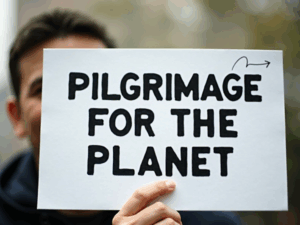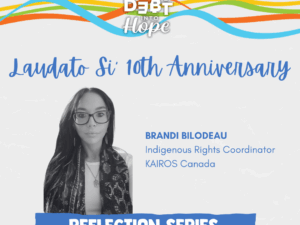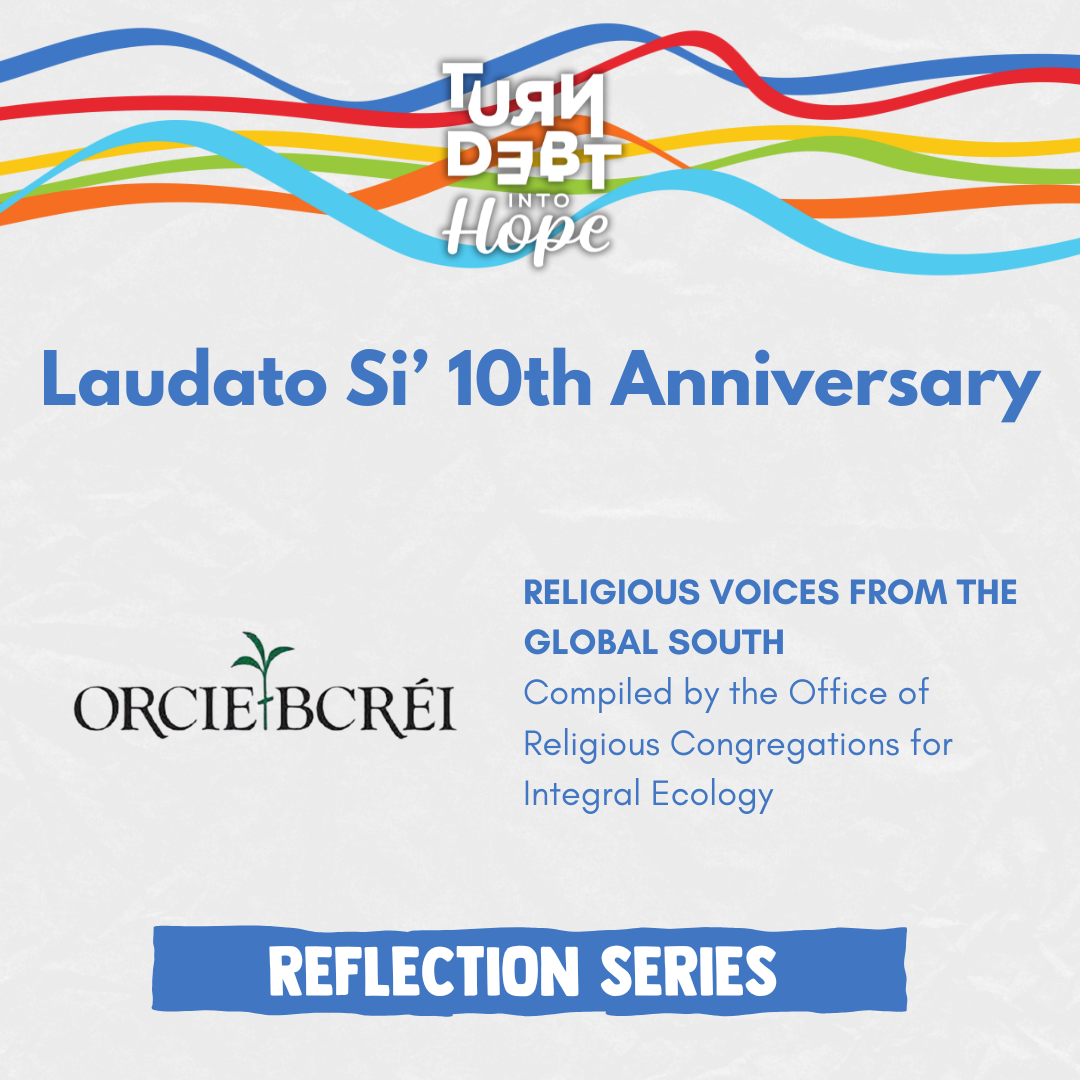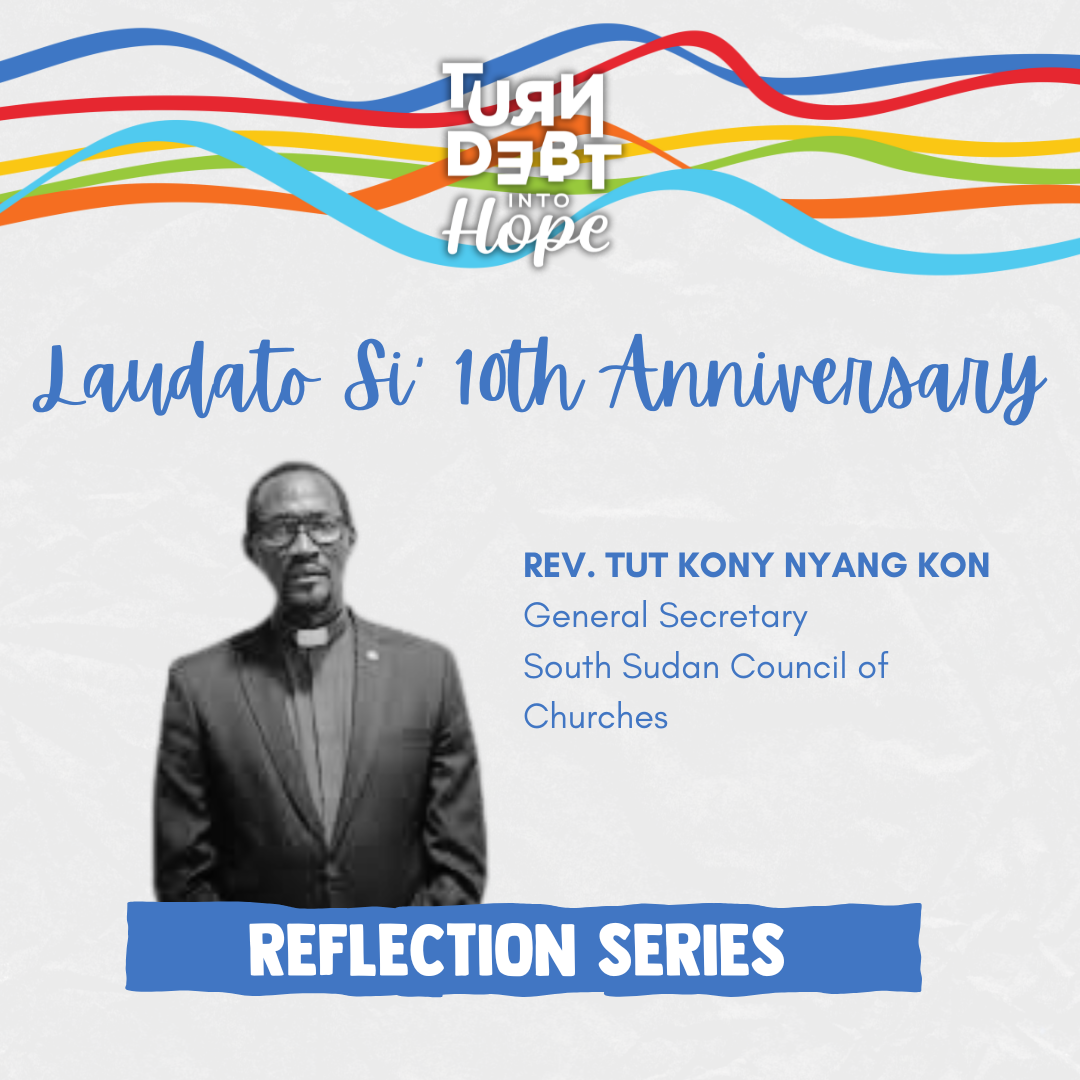Archbishop Desmond Tutu: A Voice To be Heard

I worked as a Christian Education worker in an Anglican church in Winnipeg in the late 80’s. Like others in the churches, we were actively involved in the struggle against apartheid in South Africa. Looking back from the other side of history, it seemed a natural place for the church to engage, for right relationship and for justice. But at the time, in the heat of it, it was not without its controversy. On the bulletin board in our parish, I put up a poster of Archbishop Tutu with one of his iconic quotes. I can still see the poster in my mind’s eye. A large photo of his vibrant face and the words “I don’t know what Bible people are reading if they think that religion and politics don’t mix.”
Then and now I am so grateful for the moral clarity he brings to the contention that the work of undoing unjust structures is the work of the church, is the work of our faith–a contention that continues to this day in the “Marks of Mission” of the Anglican church. As people of faith we don’t engage in public policy debate, what some call politics, out of our own self-interest or as an end in itself, but because love of God and love of neighbour sometimes takes us there. We are called to not just bind the wounds, but to loosen the bonds of injustice.
It is out of deep respect for a man of moral vision and courage that I go today to hear his witness on intersecting challenges of our time—Indigenous rights and climate justice. Program manager Ed Bianchi and I will represent KAIROS at the “So Long as the River Flows” Conference in Fort McMurray where Archbishop Tutu is a keynote speaker. What he says will no doubt stir some controversy. What I hope is that it will also stir a conversation—a conversation that amplifies Indigenous voices, a conversation that raises the costs and not just the benefits to oil sands expansion, a conversation that invites bold ideas for a clean and sustainable energy future, a conversation about reconciliation not in theory but in practice. Whether I agree with every word he speaks on this topic, now in our backyard, I couldn’t agree more on the right and responsibility to bring our faith into dynamic engagement with the real issues in the public square.
It is not untrue to say that I do this work still—ecumenical justice—because of what Archbishop Tutu represents. We will be the better for the challenges he poses to us, for what he asks us to consider. It is the deepest well of faith that nourishes Tutu’s commitments to this day, and for that kind of lifelong expression of faith in action I am grateful and inspired.







